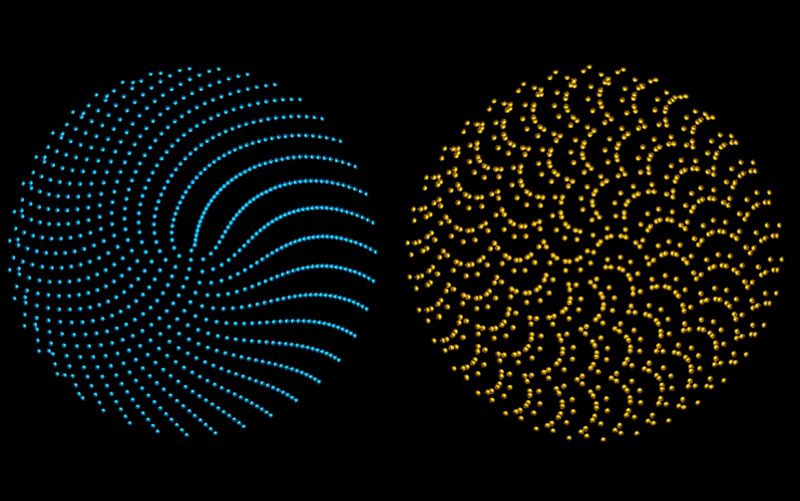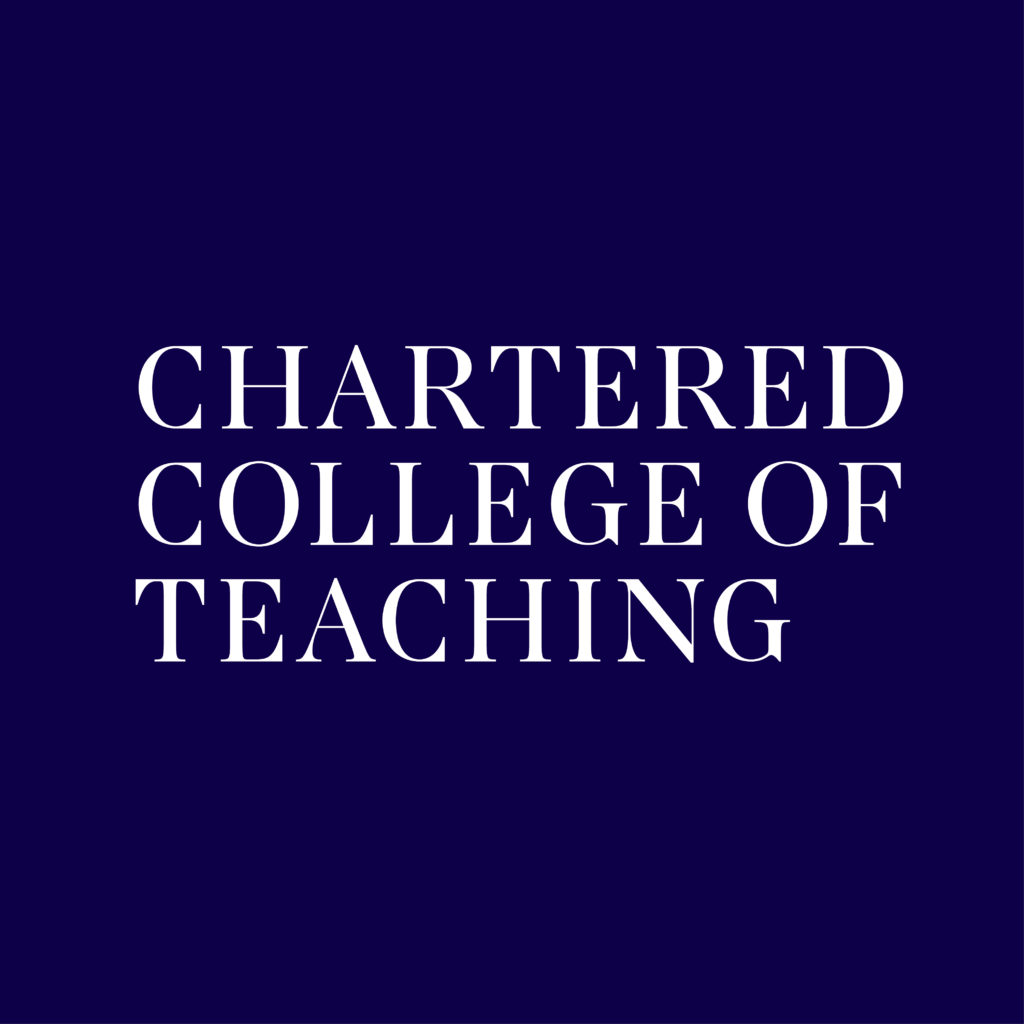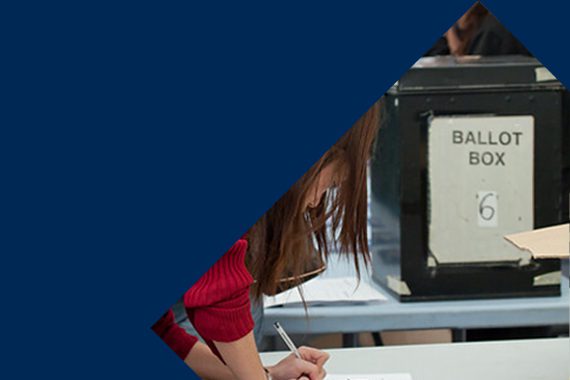
LINDSEY FAGAN, DEPUTY LEAD, GREAT NORTH MATHS HUB, UK; ASSOCIATE LECTURER, UNIVERSITY OF NEWCASTLE, UK KIRSTIN MULHOLLAND, ASSISTANT PROFESSOR, UNIVERSITY OF NORTHUMBRIA, UK Introduction Engaging with research evidence holds great potential for improving educational outcomes and provision; however, considering how this can be translated and applied in classroom practice can be challenging (OECD, 2022; EEF, 2024). This […]

Roxanne Gumbs, School Improvement Advisor and Teaching and Learning Lead, Schools Alliance for Excellence, UK Effective professional development (PD) is fundamental in developing the quality of teaching and learning and thus student outcomes. Fletcher-Wood and Zuccolo’s review for the Educational Policy Institute (2020) demonstrated that a meta-analysis of professional development interventions suggested an overall effect […]

NATHAN BARKER, TEACHER OF MATHEMATICS, HAUTLIEU SCHOOL, JERSEY JO SKELTON, SENIOR LECTURER IN PRIMARY MATHEMATICS EDUCATION AND SCHOOL LIAISON, OXFORD BROOKES UNIVERSITY, UK Where can a classroom teacher start to interact with educational research? In my own classroom and across the mathematics department, there was a trend in students being unable to use mathematical language correctly […]

Kirstin Mulholland, Senior Associate for School Engagement and Evidence Use, Education Endowment Foundation, UK Harry Madgwick, Research and Policy Manager, Education Endowment Foundation, UK In education, we have access to an ever-increasing quantity of research (Francis, 2023). Yet simply accessing research evidence is not enough to ensure that it impacts upon outcomes (Nelson et al., […]

DR MUHAMMAD NAEEM, ADDITIONAL SECRETARY, GOVERNMENT OF PUNJAB, PAKISTAN PROFESSOR TANYA OVENDEN-HOPE, DEAN AND PROFESSOR OF EDUCATION, PLYMOUTH MARJON UNIVERSITY, UK Introduction Evidence to inform best practice in schools and at systems level should be sought from a variety of sources. This article offers findings from parents to contextualise issues that impact on culturally sensitive schooling, and […]

URSULA CRICKMAY, SCHOOL OF EDUCATION, UNIVERSITY OF EXETER, UK SARAH CHILDS, PENRYN COLLEGE, UK KERRY CHAPPELL, SCHOOL OF EDUCATION, UNIVERSITY OF EXETER, UK Introduction Creativity has frequently been identified as a core skill that is necessary for the workforce and future citizenship, given the context of ongoing uncertainty and change across interconnected social, political, environmental, technological and economic […]

CLAIRE BADGER, SARA HARNETT, CALLUM HYDE, MONICA MARTINS AND ANGELA PAGE, THE GODOLPHIN AND LATYMER SCHOOL, UK One of the challenges of using evidence in education is gathering good feedback so that the impact of changes made to classroom practice can be effectively evaluated. One source of feedback is student voice; engaging students in discussions of […]

ROBERT CAUDWELL, CO-FOUNDER, PENROSE EDUCATION, UK Introduction A theory is a system of concepts that explain and/or describe the object of study in a given area of research or study. Perry and Morris, 2023, p. 22 Often, those engaged in the application or translation of educational theory into practice emphasise the importance of establishing the […]

DR KAREN BOARDMAN, HEAD OF DEPARTMENT, DEPARTMENT OF EARLY YEARS EDUCATION, EDGE HILL UNIVERSITY, UK SILVIA CONT, RESEARCH ASSISTANT, DEPARTMENT OF EARLY YEARS EDUCATION, EDGE HILL UNIVERSITY, UK CHRIS DAVEY, HEADTEACHER, BLESSED SACRAMENT PRIMARY SCHOOL, UK Introduction: The issues of maintaining research integrity and addressing ethical educational research dilemmas Concerns surrounding the ethics and integrity of research with […]

JULIA FLUTTER, PROFESSIONAL DOCTORATE RESEARCHER, FACULTY OF EDUCATION, UNIVERSITY OF CAMBRIDGE, UK At the Learning and Teaching Conference 2023 at the University of Edinburgh, Professor Gert Biesta raised a few eyebrows in his keynote address, challenging the audience with an important question: How much research does teaching need? Was Biesta was more likely to argue […]

MICHAEL TAYLOR, PROFESSIONAL TUTOR, LIVERPOOL HOPE UNIVERSITY, UK This article continues the conversation from previous research (Taylor, 2023), arguing for the need for reciprocity when working with schools and teachers. While the need to minimise harm from research is commonly advocated, this work argues that potential costs to schools in terms of time and resources […]

THERESE ANDREWS, THOMAS’S LONDON DAY SCHOOLS, UK Abstract This paper explores the ethics of teachers and leaders researching their own workplaces and practice. Much has been written about bridging the gap between research and practice, particularly in England since the Department for Education commissioned a 2014 study to assess progress towards an evidence-informed teaching system (Coldwell […]

DR CHRIS BAKER, PROFESSIONAL DEVELOPMENT LEAD, THE CABOT LEARNING FEDERATION, UK Using research in schools to improve levels of understanding and drive better decision-making should be a goal for us all, but it is not without its challenges. For many of us, engaging with research can be a daunting and uncomfortable experience, as we wrestle with […]

Scott Buckler and Harriett Moore, Holy Trinity School, UK Introduction For anyone involved in educational research, there will be characteristic traits throughout the process. Such traits include the excitement of making a start, making wrong turns, encountering obstacles and the thrill of uncovering something new. Indeed, research is a transformative process, irrespective of whether a […]

SEAN HARRIS, TEES VALLEY EDUCATION & TEESSIDE UNIVERSITY, UK STUART MAYLE, BRAMBLES PRIMARY ACADEMY, TEES VALLEY EDUCATION, UK Teachers continue to be championed through research studies as a critical lever for success with regard to pupil outcomes (Harris and Sass, 2007; Hattie, 2003; Spada et al., 2023). Research reminds school leaders and teachers of their value, but […]

HELEN CARRINGTON AND PIPPA GILBERT, PUTNEY HIGH SCHOOL, UK Perhaps the most elusive goal in teaching is creating ‘renaissance students’: students who are curious and reflective, who make connections across different disciplines, who are intrinsically rather than extrinsically motivated and who see their learning as a lifelong journey rather than a sprint to the next assessment. […]

This webinar gives you the opportunity to reflect on how journal clubs might be used to support evidence-informed practice in your context. Journal clubs are a regular cycle of meetings at which research is critically discussed by a group of practitioners. The journal club model can be used at trust-level, whole school level or departmental […]

IOE and the ESRC Education Research Programme (ERP) are hosting an online panel discussion on More or less technology in the classroom – the value and purposes of technology use in school. This is part of the What Matters in Education? series of debates. The current debate over the role of digital technology in schools alternates between a concern for the harms it […]

IOE and the ESRC Education Research Programme (ERP) are hosting a special edition online panel discussion on Education after the election: priorities for change. This is part of the What Matters in Education? series of debates. Funding crisis in higher education, schools and FE; widening inequalities; a cost of living crisis for families; rising pupil absence and increasing pressure to provide more support […]

In recent years there has been much debate on approaches to assessment, with many arguing that the current system is no longer fit for purpose. Are, for example, pencil and paper tests at 16 and 18 equitable or useful for determining students’ ability to apply what they have learned? Why do we only measure individual […]



















